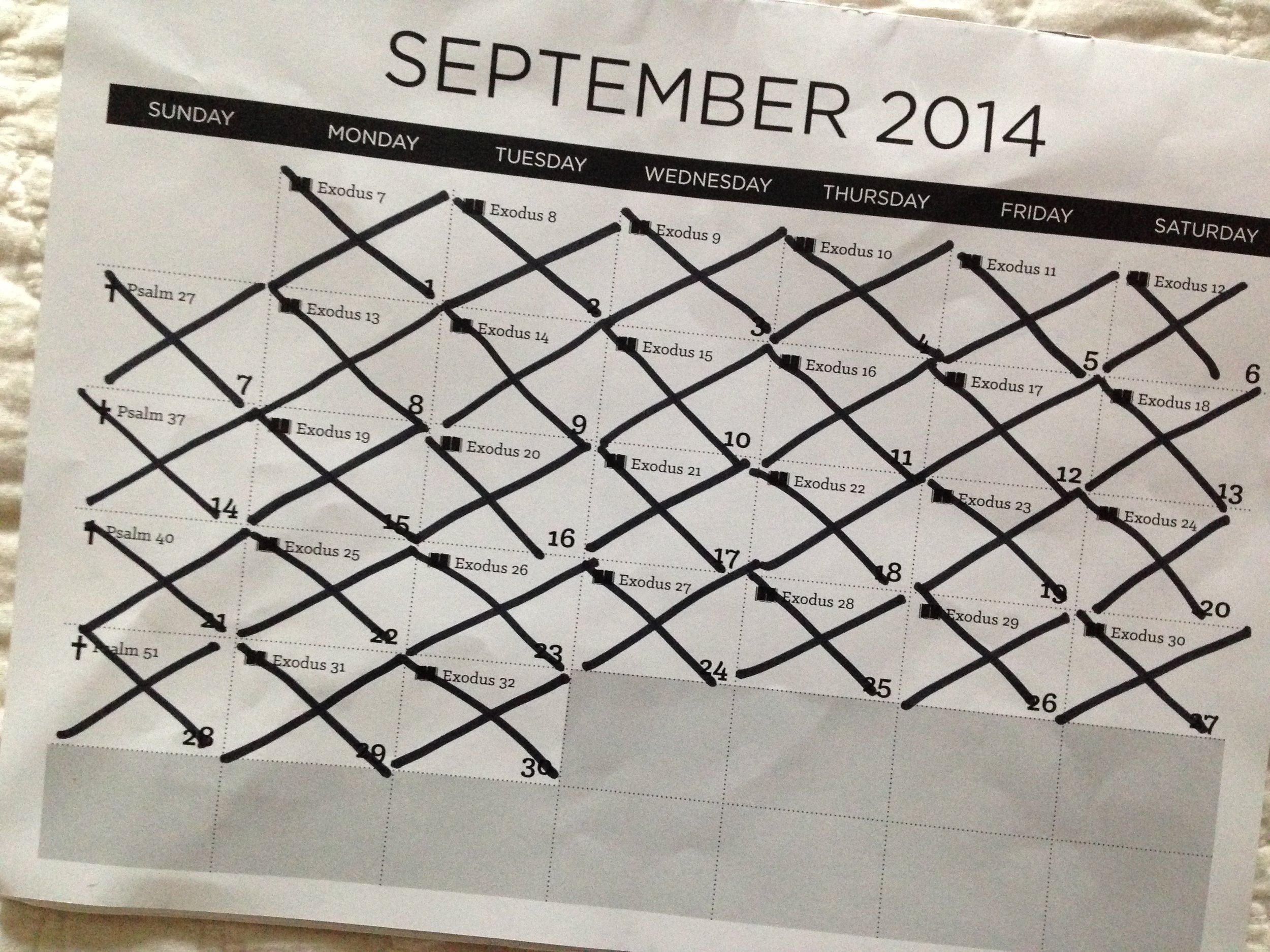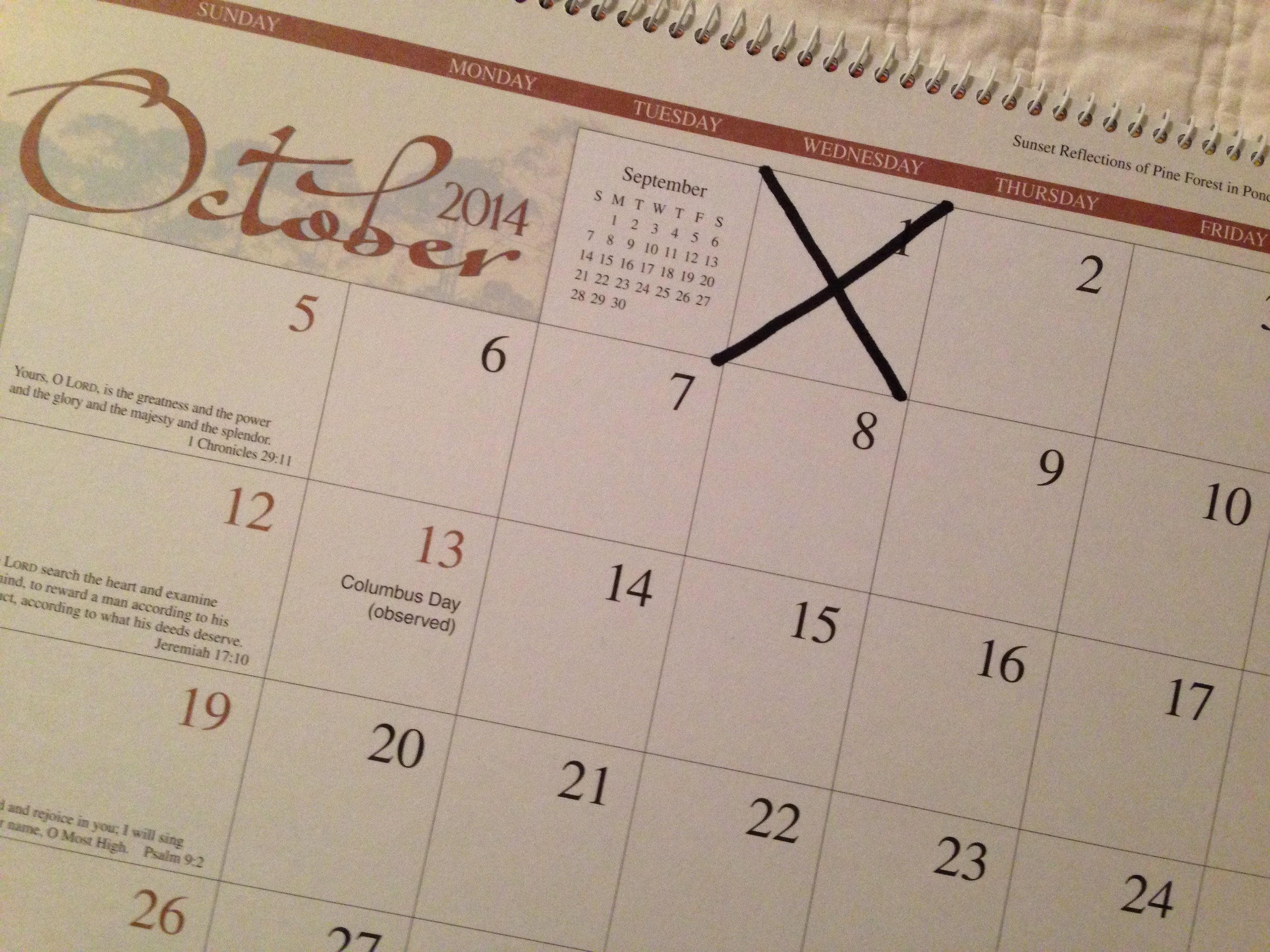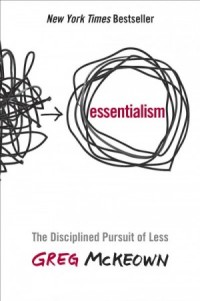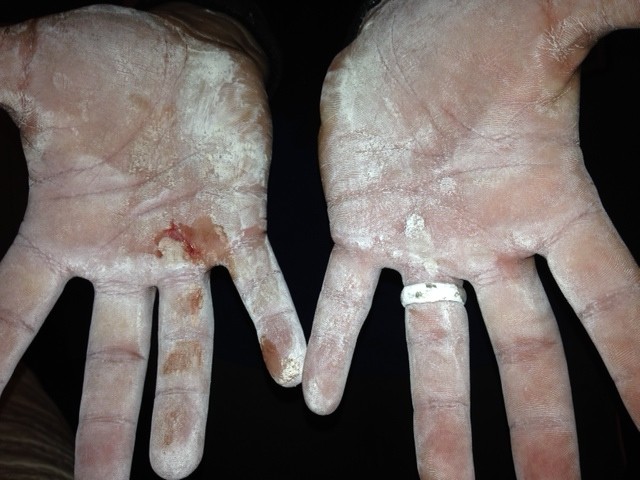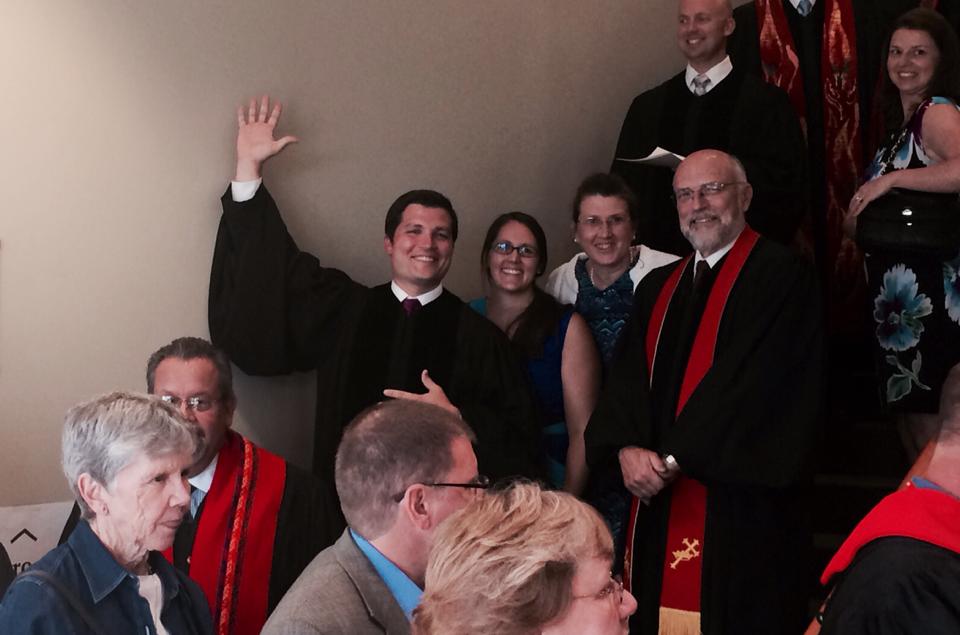My goal was to read 50 books in 2013 ; I didn't come even close: 23. I had read somewhere about some guy wanting to read 50 books in the coming year, so I decided to adopt his goal, and I'm glad I did, even though I fell so far short. I learned last year that I need to be more intentional in my reading. I've never looked back on an evening spent watching tv or browsing online and thought, "I'm SO glad I spent my time like that," but I have definitely been blessed by turning off my screens and focusing on a book. So, this year, I'm going for it again: I want to read 50 books in 2014. What about you? If you don't set a goal, you are GUARANTEED not to achieve it. Why not try to intentionally read more in 2014?
My 2013 reading list is below. (Reading over it now, I know I'd like to include more fiction and literature in my 2014 reading diet.)
Highly Recommended
What it Takes: The Way to the White House, by Richard Ben Cramer.
Comment: If you love politics (as I do), you must read this. Over 1,000 pages on the 1988 presidential campaign. Cramer had unprecedented access to the 8 leading candidates, and the book is just remarkable. Worth pushing through all the way to the end. I read it on summer vacation, and am so glad I did.
The Dog Stars, by Peter Heller.
Comment: Violent, terrifying, brutal, beautiful. I think about this novel all the time. Highly recommended (but don't read before bedtime--you won't want to put it down, and then you won't be able to sleep).
The Circle Maker, by Mark Batterson.
Comment: recommended for sure, particularly if you are struggling a bit in your faith. His basic argument: we should pray passionately and persistently, asking the Lord for big things. Who doesn't need to hear that?
Mr. Ives' Christmas, by Oscar Hijuelos.
Comment: I read it the weekend before Christmas, after seeing it mentioned on Rod Dreher's blog.
Others, in no particular order
One Word That Will Change Your Life, by Dan Britton, Jimmy Page, and Jon Gordon. Comment: see previous post here.
Scouting the Divine, by Margaret Feinberg.
The Power of Habit, by Charles Duhigg. Comment: really interesting stuff, particularly the historical and social examples. (I'm thinking of the stuff about Paul O'Neil at Alcoa and the kebab vendors in Iraq.) I think the stuff about "keystone habits" is particularly useful. The book is a bit too long, but I recommend it.
Give and Take: A Revolutionary Approach to Success, by Adam Grant.
Who Is This Man? by John Ortberg. Comment: Loved the simplicity and power of Ortberg's central question: "How did an unknown Galilean carpenter, who didn't lead and army, write a book, or rule a kingdom, become the most influential person in history?
24/6, by Matthew Sleeth. Comment: you get the point from the title, but it never hurts to think more about sabbath.
The Forever War, by Joe Haldeman.
Ender's Game, by Orson Scott Card. Comment: I knew nothing about the book, but hearing that the movie was coming out, I wanted to read it. The first 3/4 are excellent. The stuff about his siblings is a distraction, and I don't think the final 1/4 is that great, but I'd still recommend it if you are interested in science-fiction.
Deep & Wide, by Andy Stanley. Comment: If you are involved in church leadership at any level, definitely recommended.
The King Jesus Gospel, by Scot McKnight.
Paris in the Fifties, by Stanley Karnow. Comment: title says it all. Really interesting sketches of French life in a time that will never return. A bit too long, but I enjoyed it.
Entreleadership, by Dave Ramsey.
11: Indispensable Relationships You Can't Live Without, by Len Sweet. Comment: not recommended, though I did get a sermon series idea out of it.
The Treasure Principle, by Randy Alcorn.
The War of Art, by Steven Pressfield.
How Do You Kill 11 Million People? by Andy Andrews.
Willpower, by Roy Baumeister and John Tierney.
The Virtual Assistant Solution, by Michael Hyatt.
Why Men Hate Going to Church, by David Murrow.
!["San Giorgio Maggiore at Dawn" [1819] by J.M.W. Turner [Wikimedia Commons]](http://static1.squarespace.com/static/5d70f59aefca59000162e4e6/5d7fcef39f682762992c8aca/5d7fcefe9f682762992c8c1f/1568657150927/Joseph_Mallord_William_Turner_-_San_Giorgio_Maggiore_at_Dawn_-_WGA23170.jpg?format=original)


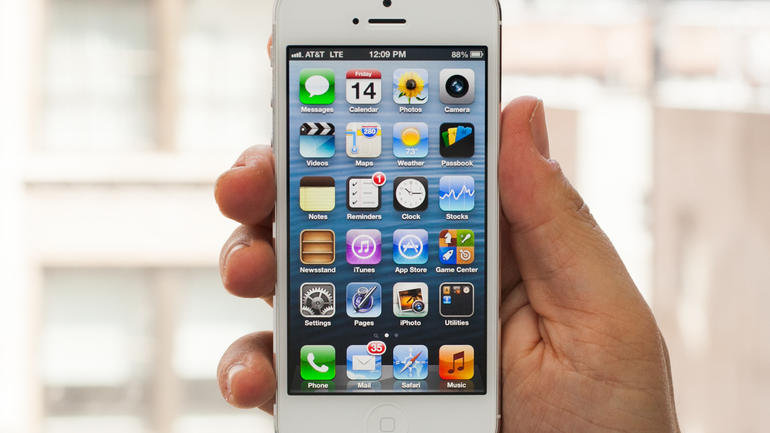
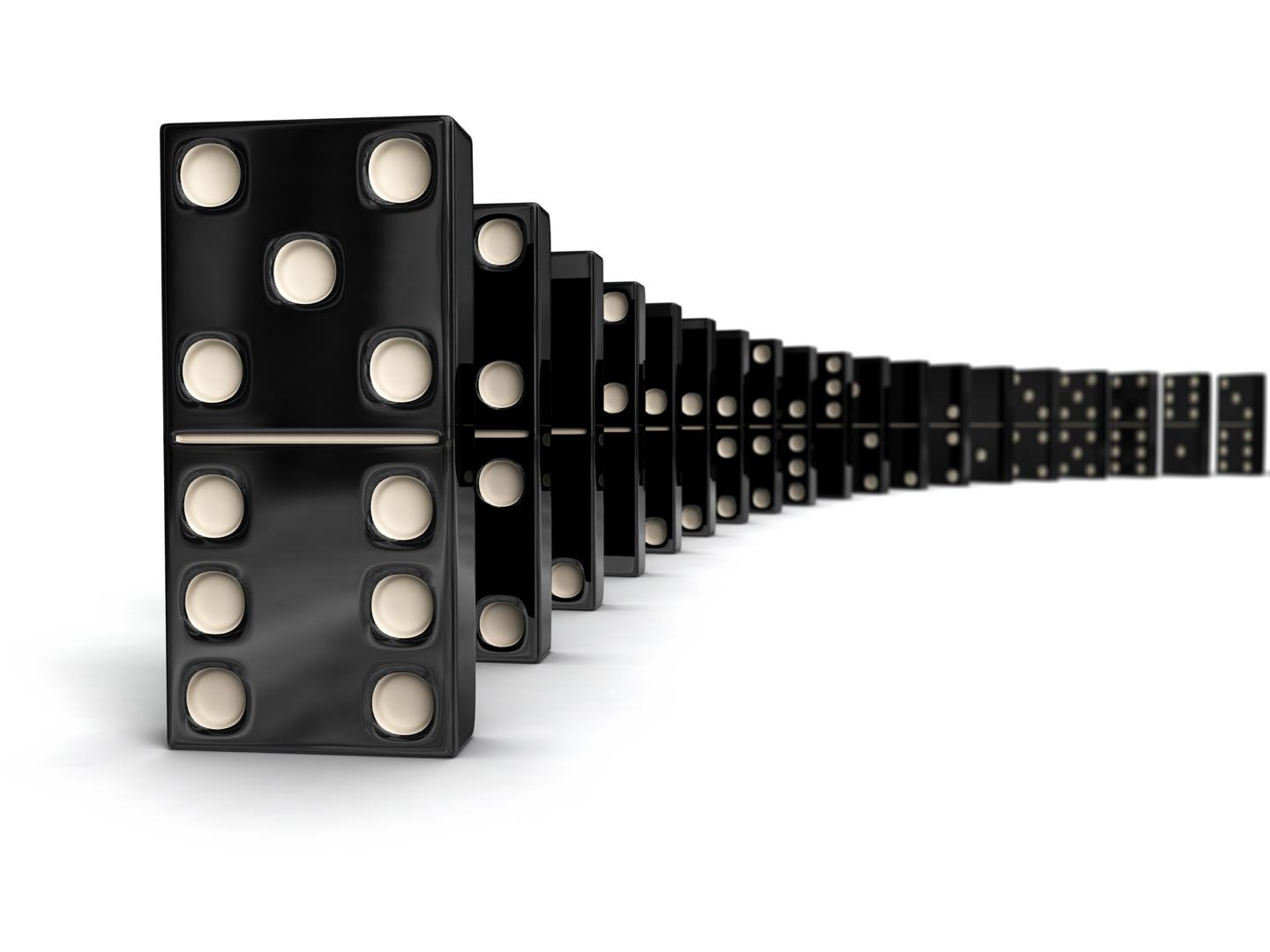
![[wikipedia.com]](http://static1.squarespace.com/static/5d70f59aefca59000162e4e6/5d7fcef39f682762992c8aca/5d7fcefd9f682762992c8c01/1568657149862/Dawn_Xepon_Laos.jpg?format=original)
![[http://larrycuban.wordpress.com]](http://static1.squarespace.com/static/5d70f59aefca59000162e4e6/5d7fcef39f682762992c8aca/5d7fcefe9f682762992c8c05/1568657150073/andertoons-check-email.jpg?format=original)
